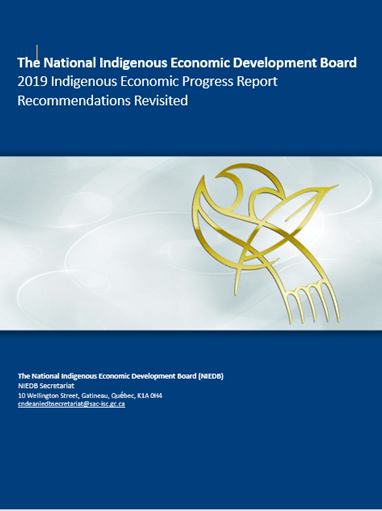
Canada’s history is marked by a legacy of colonization that has had devastating effects on Indigenous Peoples. From the forced removal from ancestral lands to the suppression of culture and language, Indigenous communities have endured centuries of systemic oppression. Today, the call for reconciliation and accountability is louder than ever, as Canadians grapple with the implications of this history and seek a path forward towards healing and justice.
Back in 2022, federal departments and agencies were tasked by the NIEDB to review the recommendations in the 2019 Indigenous Economic Progress Report, and to report on any actions which may have served to advance specific recommendations since the report was issued. The results of this exercise are contained in this new report.
Accountability is a key component of reconciliation. It involves holding individuals, institutions, and governments accountable for past wrongs and ensuring that they are not repeated in the future. Accountability requires transparency, honesty, and a willingness to learn from mistakes. It also means empowering Indigenous Peoples to participate fully in decision-making processes that affect their lives.
Reconciliation is not an easy or quick process, but it is a necessary one if we are to move towards a more inclusive and just society. By acknowledging the past, listening to Indigenous voices, and taking meaningful action, we can build a better future for all Canadians. Reconciliation is not just a goal; it is a journey that requires commitment, compassion, and courage. Together, we can build bridges of understanding and create a more inclusive and equitable Canada for future generations.